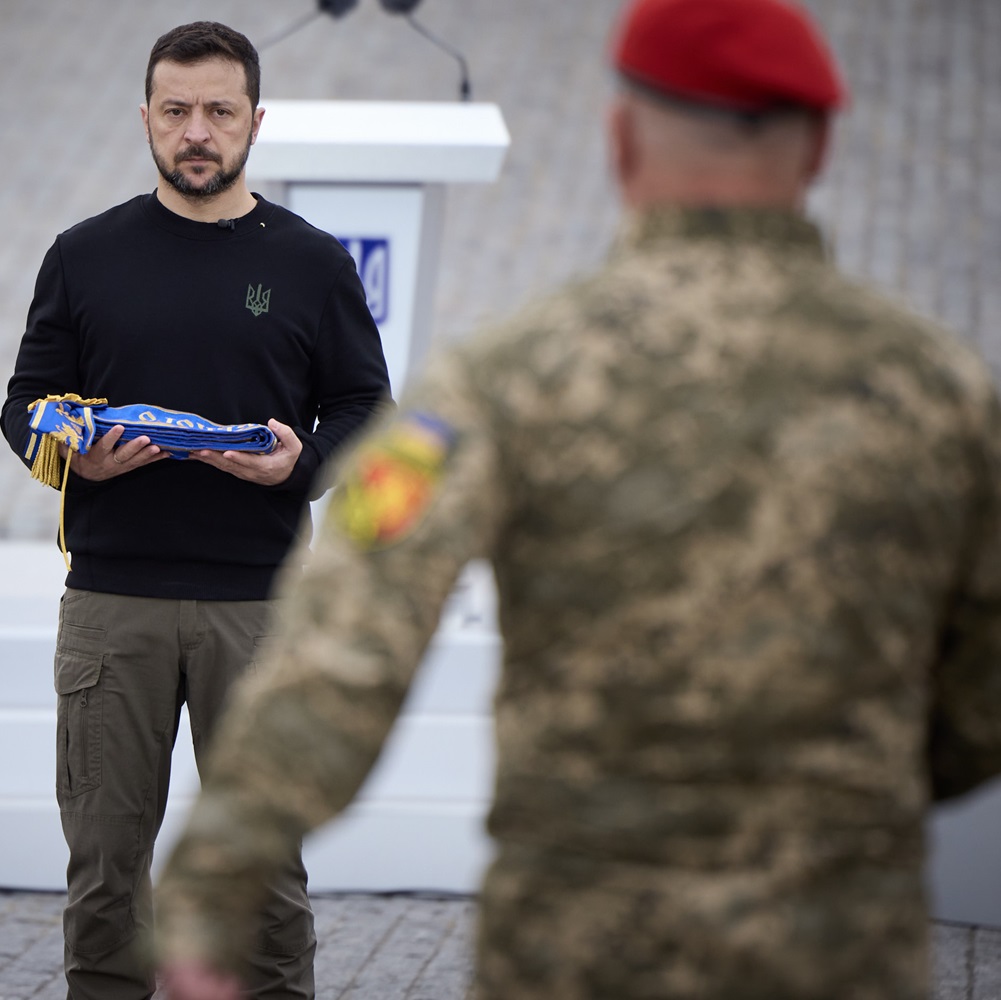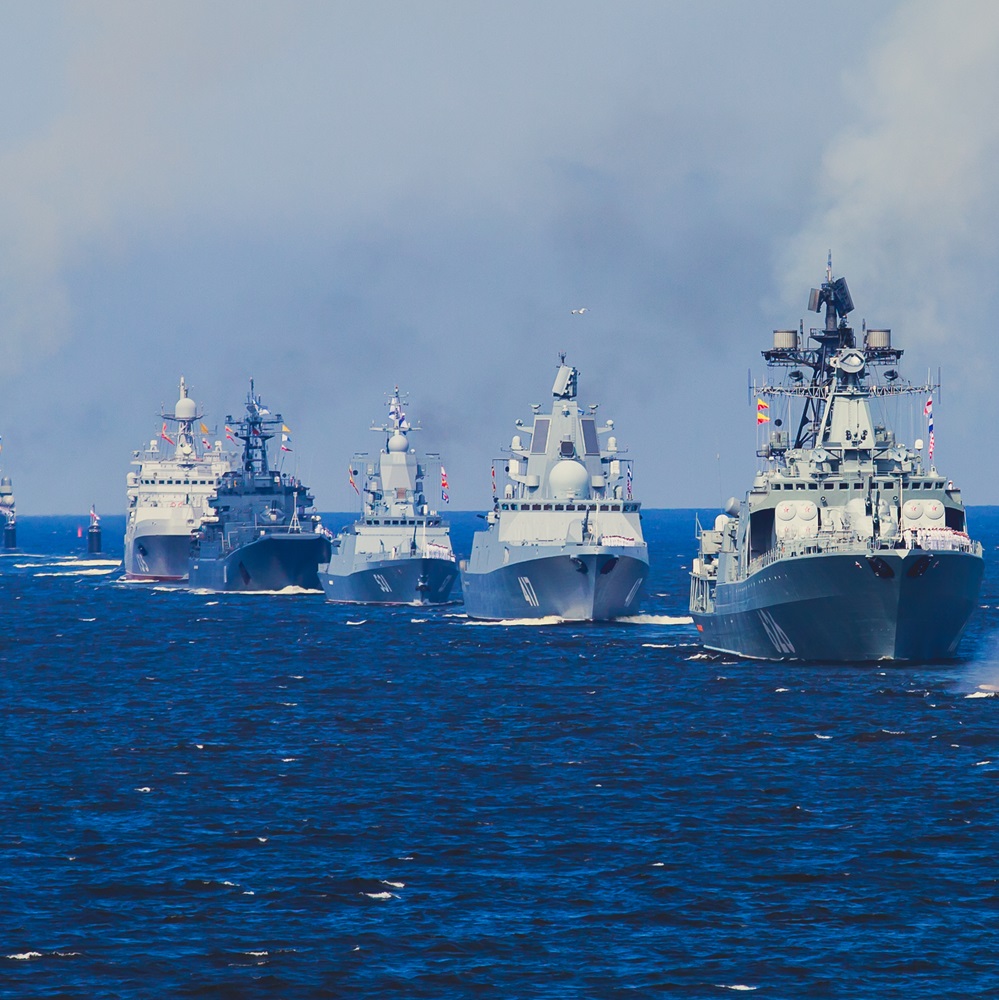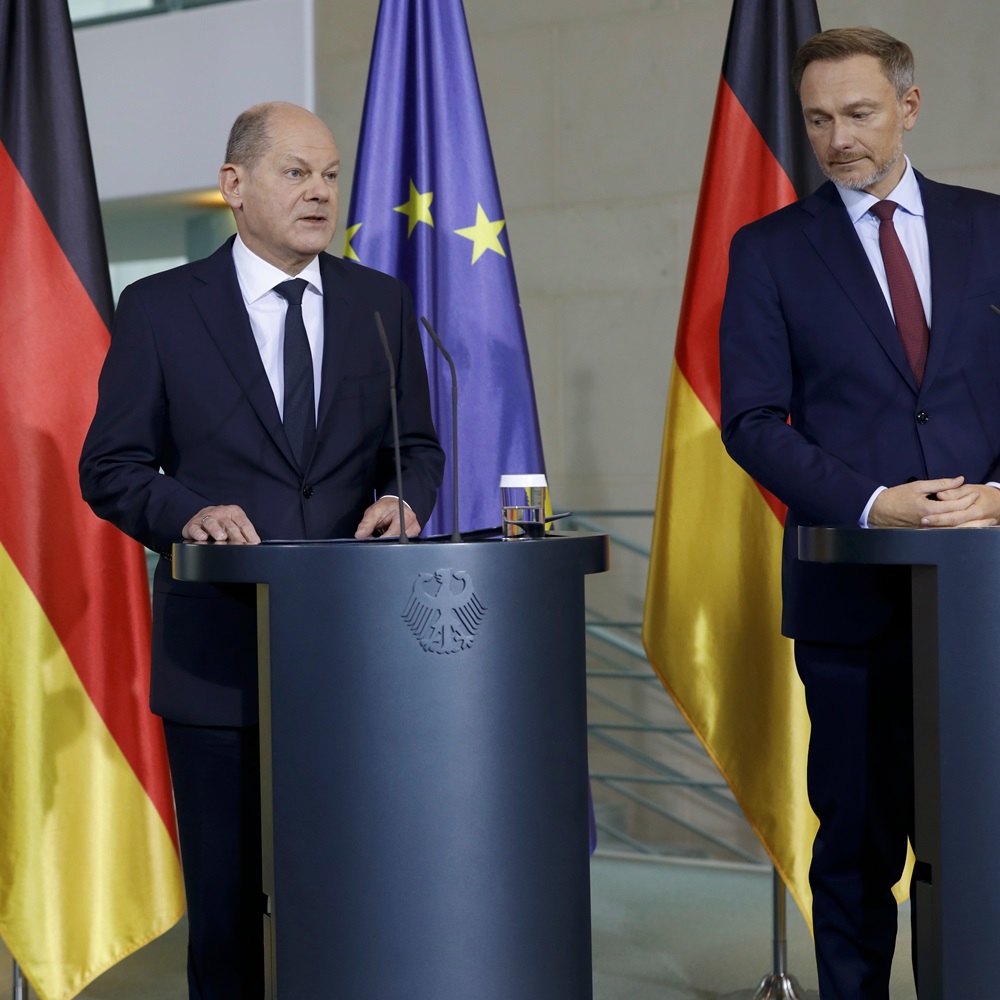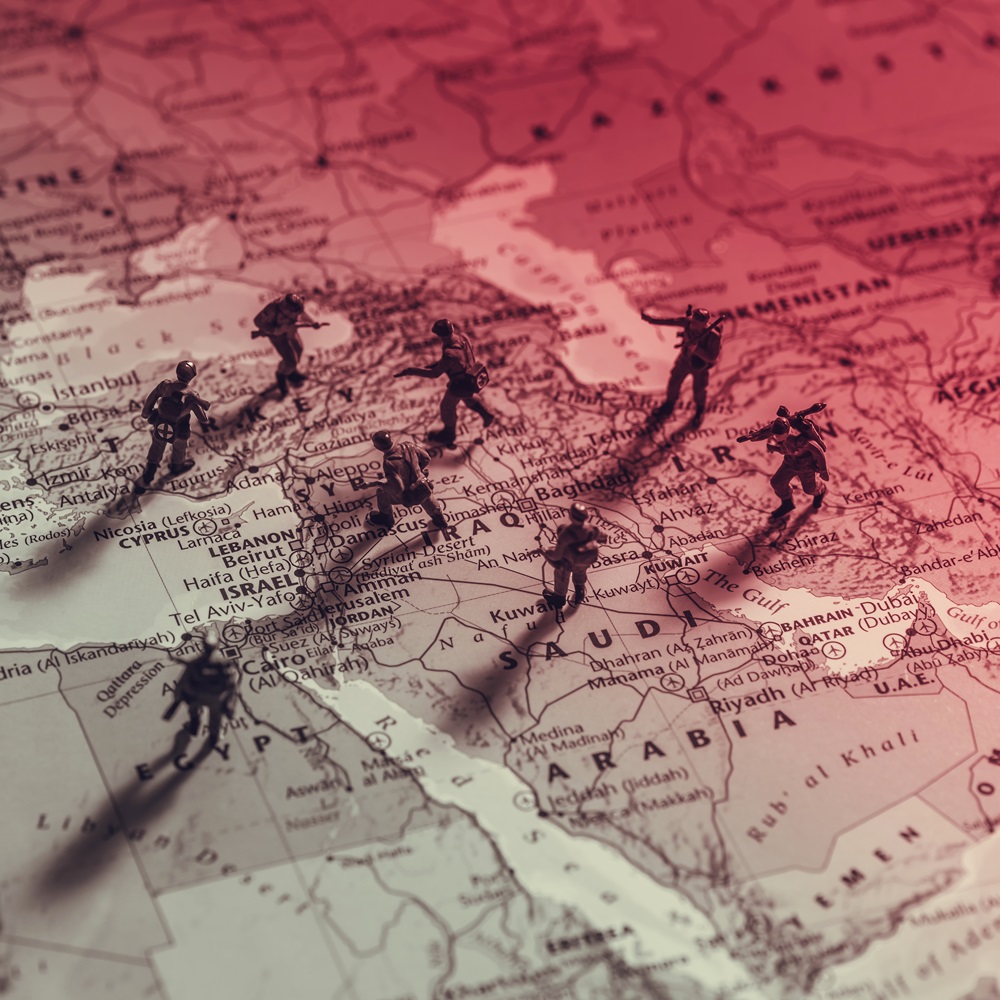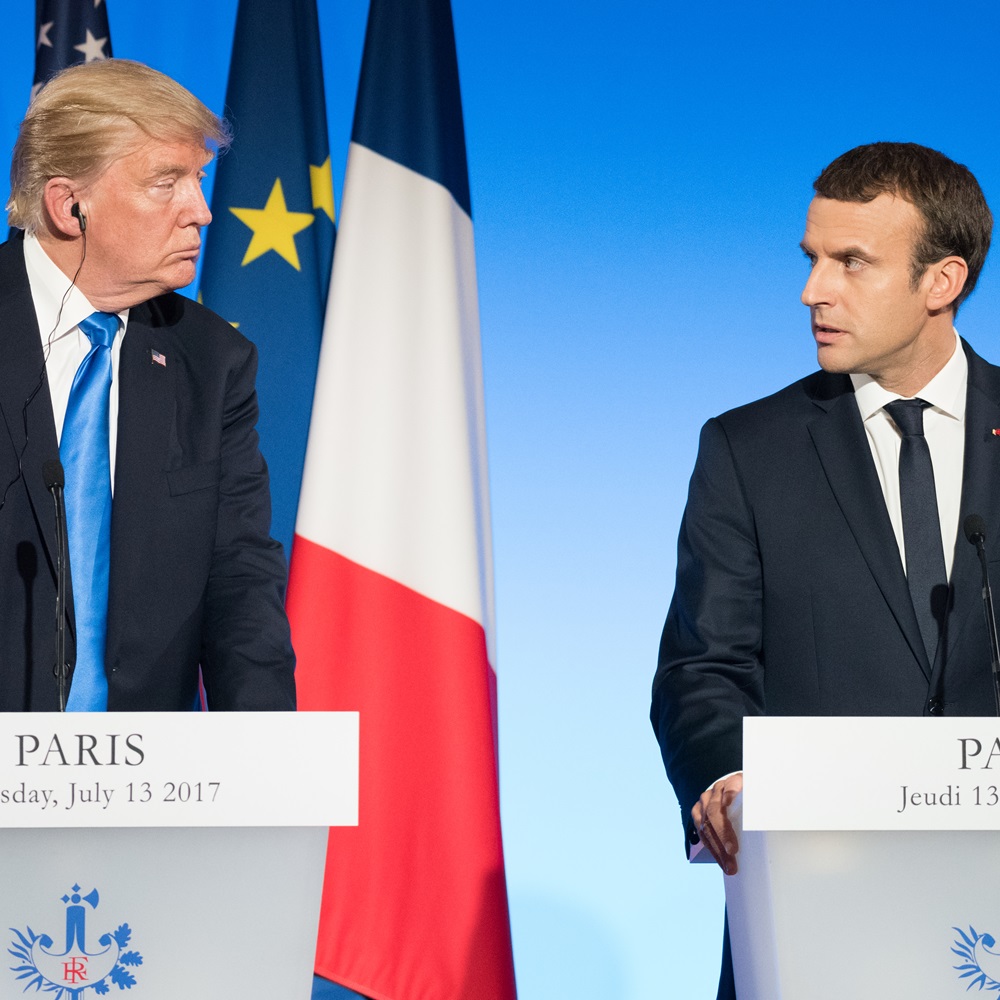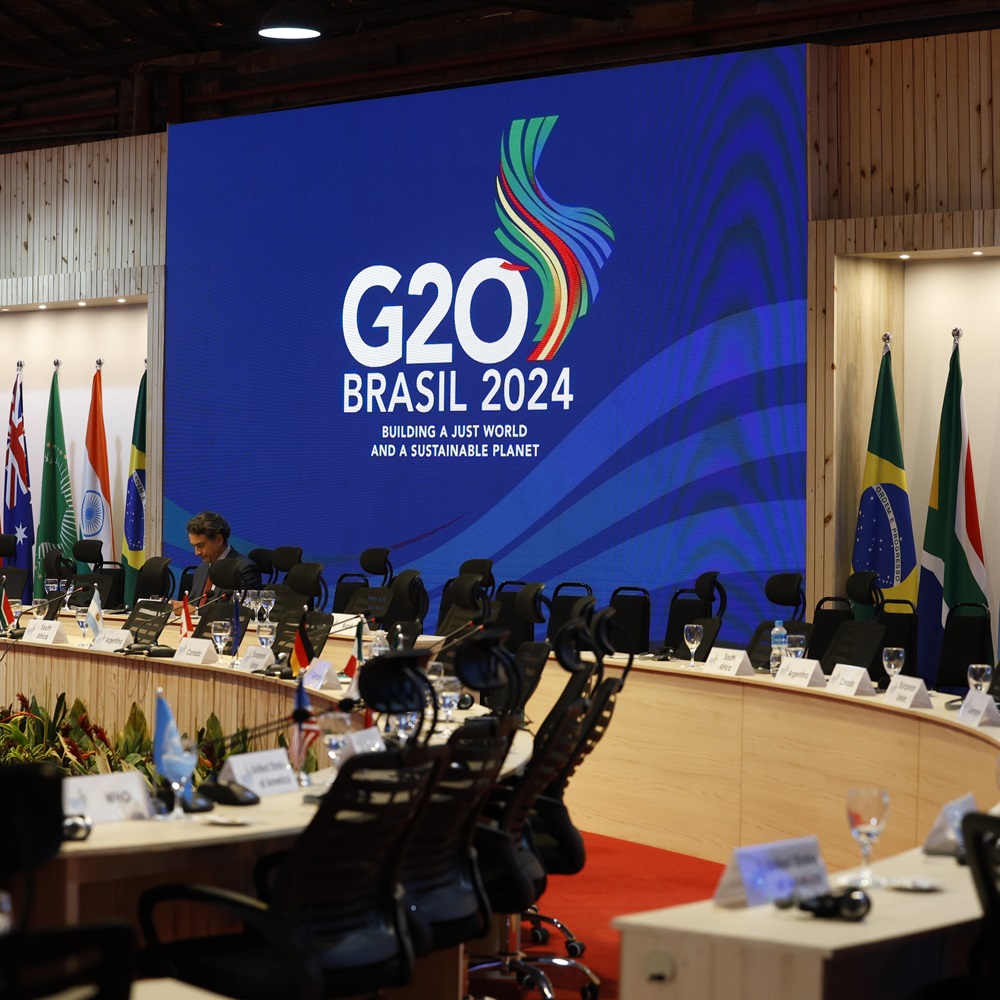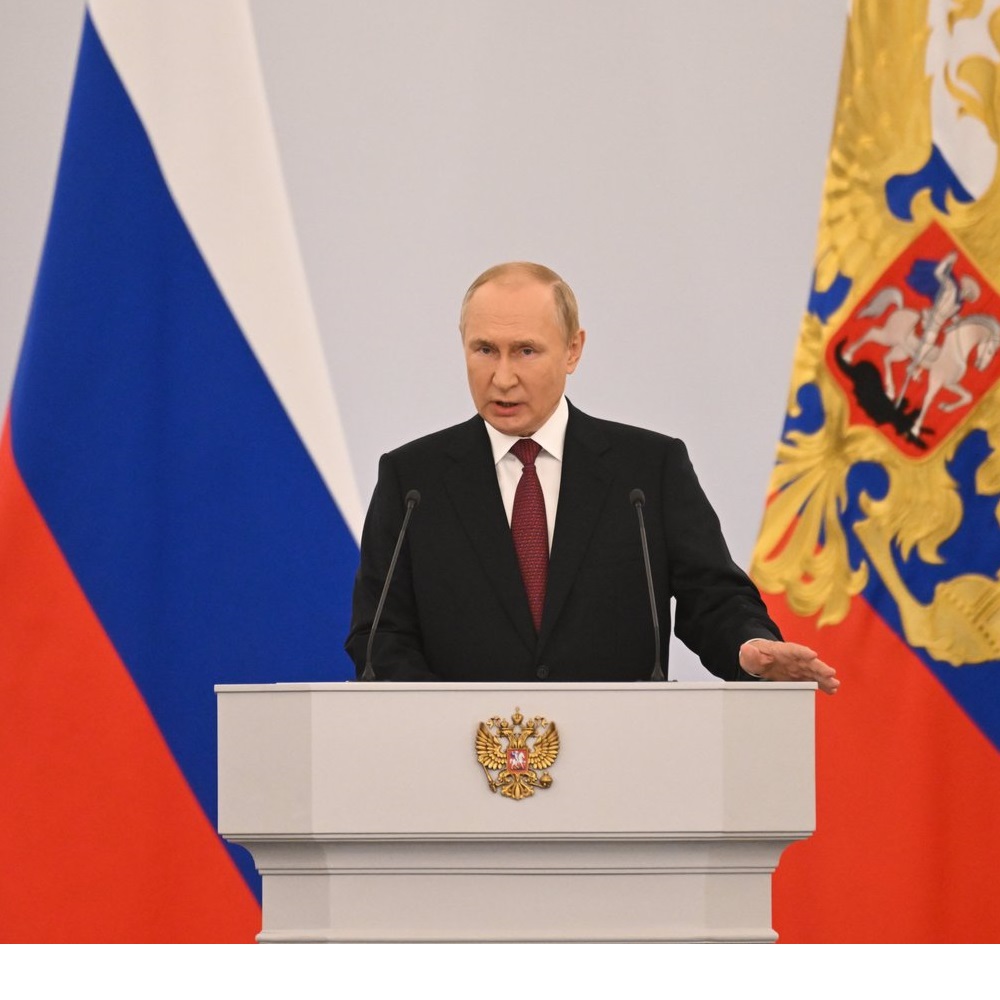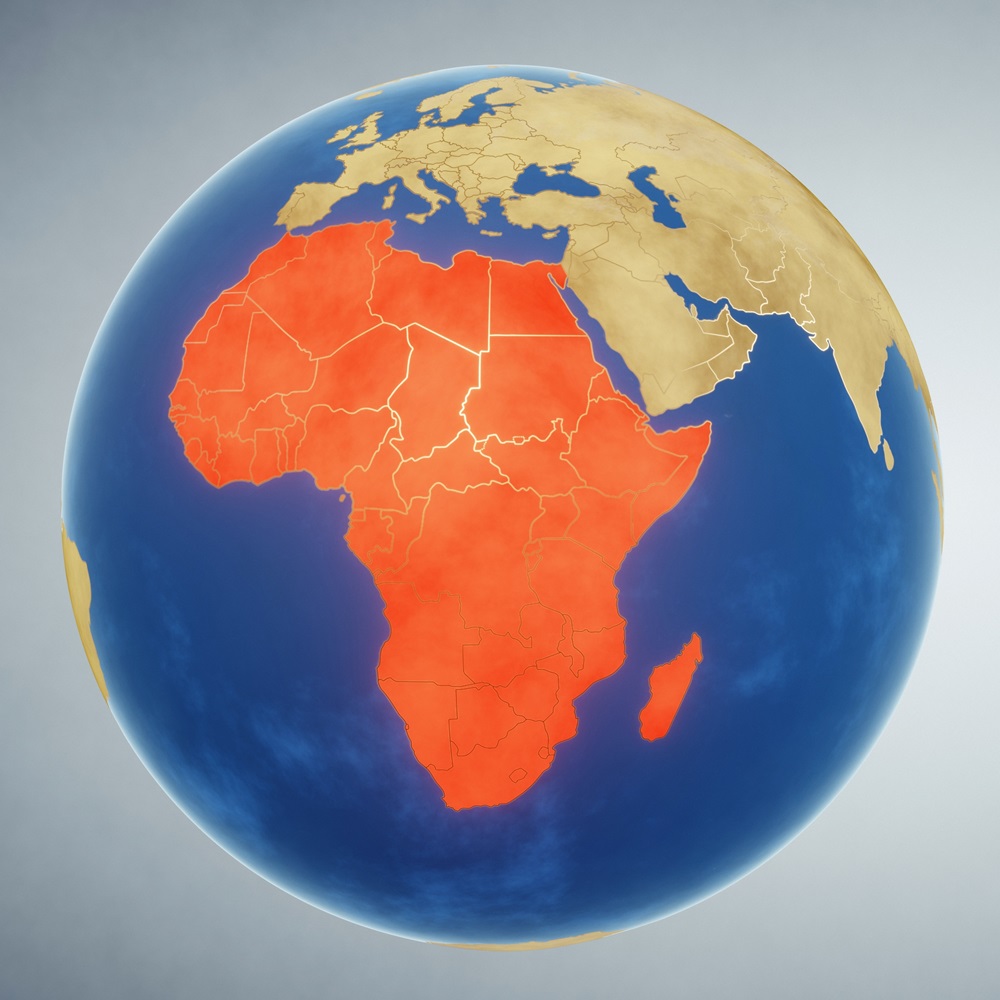
Africa in the Geopolitical Game
by José Segura Clavell, Casa África
한국어로 읽기 Leer en español In Deutsch lesen Gap اقرأ بالعربية Lire en français Читать на русском A review of the African strategy of major powers considering the continent's growing global importance in economic, demographic, and even political terms. A few days ago, the United Nations General Assembly approved the so-called “Pact for the Future”, an action that the organization's Secretary-General, Antonio Guterres, described as "a historic moment" because it will allow "a step forward towards a more effective and sustainable networked multilateralism”. In the corridors of the United Nations, intensive work has been carried out for more than nine months to find the greatest possible consensus, and although the document (a 42-page agreement outlining 56 actions in areas ranging from nuclear, climate, and digital issues to human rights) was not put to a vote in the Assembly, it is known to have the support of most nations in the world, with the exception of Russia and some countries like Belarus, Iran, North Korea, and Eritrea. In Africa, 54 countries rejected Russian amendments aimed at halting the dialogue around this document, something perhaps facilitated by the possibility that a second permanent seat for Africa in the United Nations Security Council could soon be consolidated. The United Nations, and therefore multilateralism, are going through a difficult time: Ukraine, Gaza, or Lebanon bear witness to this. The right to veto in the Security Council turns any serious initiative to stop conflicts around the world into a joke. South African President Cyril Ramaphosa called for the reform of the organization to ensure that it becomes truly functional and democratic, in addition to demanding a well-deserved central role for the continent in conflict resolution and modern geopolitics. So, calls for multilateralism are heard everywhere, which basic definition, to put it simply, is when more than three countries agree to move together towards a specific goal, in a context where the world's geopolitics continues to function, breathe, and evolve like any living organism. This is also true in Africa. China In early September, more than fifty African leaders (a record number) traveled to meet with President Xi Jinping at a new Summit of the Forum on China-Africa Cooperation (FOCAC), the major China-Africa gathering that began in the year 2000. As in each of the previous editions, President Xi announced a significant financial aid package, also outlining the main areas of future cooperation: $51 billion in loans, investments, and assistance for Africa over the next three years. Although this amount surpasses the $40 billion committed in 2021, it remains lower than the $60 billion promised in 2015 and 2018. The Africans also attended the meeting with a message: the trade balance needs to be adjusted. In 2023, Chinese exports to Africa reached $170 billion, while imports from the continent amounted to $100 billion, a significant difference that leaders like South African President Ramaphosa did not hide upon his arrival in Beijing. While China sends manufactured products, agricultural and industrial machinery, as well as vehicles, its imports from Africa are mainly concentrated in raw materials (oil, gas, metals, and minerals). China continues to be involved in initiatives such as the “Belt and Road Initiative”, the modernized Silk Road, and the construction of major infrastructure projects. Russia Russia's presence in Africa is not new. They were already in places like Angola during the Cold War and supported the struggles for independence in the 1960s, but perhaps now their actions on the continent are receiving more attention. With almost the entire world questioning its invasion of Ukraine, Russians find in Africa, especially in the Sahel countries, a point from which to secure mineral and economic resources and, at the same time, create tension and concern for the Europeans. Their support for military junta coups in countries like Mali, Niger, or Burkina Faso, or their influence in regimes like that of the Central African Republic, with a business model that exchanges security for mineral resources, for example, has shaken up the African geopolitical map. Their promises of cooperation in satellite or nuclear technology, still up in the air, captivate governments that have distanced themselves from the West and have chosen them as partners in recent years. The European Union In Europe, in my opinion, we continue struggling to understand how to approach our relationship and alignment with our African friends and neighbors. Individually, each country is making its efforts: Italy with the Mattei Plan, France repositioning itself after withdrawing from the Sahel countries, Denmark with a strong commitment, and now Spain, working on a new strategy of its own that we will learn about very soon. The migration factor and the colonial legacy continue to be issues that influence the relationship with African governments and even with civil societies. In geopolitical terms, Europe has given a name to its aspirations of influence: the Global Gateway. The undertaking is so vast and its objectives so ambitious that it deserves one, or even several, separate articles. Not only do I promise this, but I also share that, from Casa África, we will soon bring its representatives to the Canary Islands to explain what the Global Gateway entails, what funds it has, and how we, from the Archipelago, can act as a bridge with them. United States The U.S. elections are approaching, but before leaving office, Joe Biden will visit Africa (specifically Angola) for the first time in his term. This is a clear gesture towards the continent, which at least partially makes up for the fact that the previous president, Donald Trump, not only never visited it even once, but also left behind that infamous phrase caught by an open microphone in which he referred to African countries as “shitholes”. Faced with the overwhelming Chinese presence and the concerning Russian influence in the Sahel, many voices in the United States have called for a genuine diplomatic and economic effort on the continent. The choice of Angola is not trivial: the Americans are heavily invested in a strategic project crucial for the geopolitics of energy, the Lobito Corridor, a railway line that will connect the Angolan port of Lobito (on the Atlantic) with the city of Kolwezi in the Democratic Republic of the Congo. The goal: the transit of strategic minerals for the North American and European markets, which is key to reducing dependence on China for the so-called critical minerals (lithium, nickel, cobalt, graphite, manganese, or rare earth elements). Türkiye For a few years now, Türkiye has had a very clear objective of increasing its presence and influence in Africa. In the last two decades, Türkiye has nearly quadrupled the number of its embassies in Africa: from 12 in 2002 to 44 in 2022. Its flag carrier, Turkish Airlines, connects Istanbul with 62 African destinations. At the same time, it has achieved diplomatic reciprocity: 38 African countries have established embassies in Ankara. All of this is reflected in trade volumes, which increased from $5.4 billion in 2003 to over $41 billion in 2022 (although they dropped slightly to $37 billion in 2023). For example, in 2011, President Erdogan was the first international leader to dare to set foot in Somalia in 20 years. Now, Türkiye has a military base in Mogadishu and oil and gas exploitation agreements. It is also the fourth-largest arms supplier to sub-Saharan Africa: helicopters and, above all, the famous Bayraktar drones have been sold to many African countries. And, finally, the Turks are also making significant strides in infrastructure construction (more than 1,800 projects in the last 20 years, including the modernization of Tanzania's railways, for example). A noteworthy effort, but obviously still far behind the Chinese and Russians. Published in Kiosco Insular, eldiario.es, and Canarias7 on September 27 and 28, 2024.











